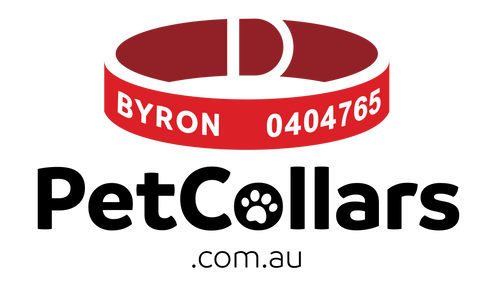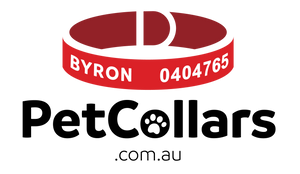Tips for Living Successfully with an Epileptic Dog

Epilepsy is a neurological disorder that also affects dogs, especially in specific breeds such as Labrador retrievers and golden retrievers.
The diagnosis of epilepsy suggests an enduring commitment associated with special care and costs.
Epileptic dogs may have shorter lifespans, with an average of 2.07 and 2.3 years.
Discussing your dog’s condition with a trusted veterinarian is the best way to learn
about treatment and management options.
Being diagnosed with a chronic disease doesn’t necessarily mean that your dog
can’t live an extraordinary life.
Follow these tips to help make things smoother for your pet and your family.

1. Let your pup engage in physical activities
“Epilepsy may sound frightening, but a diagnosed dog can live a happy life despite their diagnosis. Take your pup for a hike, a swim, and a camp. Doing fun things together can boost your pet’s overall health”, says Shane Perry, a business loans consultant at Max Funding and an animal welfare advocate.
2. Be prepared at all times
There’s no way to tell when or when a seizure will happen, so be prepared at all
times. Bring the medication with you and check your dog’s ID tag before going out if they run off.
Remain calm during your dog’s seizure and take note of its duration. Please don’t
put your hands near their mouth to avoid getting bitten. If possible, move your dog to a safe place where it won’t hit hard objects. Some dogs may drool, defecate, or urinate during a seizure. Consider a premium Harness to walk with instead of a Lead because they won’t get tangled during a seizure.
3. Create a friendly environment
Treat your dog like a little child. Cover the sharp edges. Move fragile objects
somewhere else. Tuck away cords. Your pup might run into tables and knock over cabinets when having a seizure, so it’s better to “baby-proof”. Also, consider making your dog sleep on the floor with sufficient in case it rolls off during an attack.
4. Learn more about your dog’s medications
Many medications for epilepsy management are effective; however, they come with side effects. Don’t hesitate to ask the veterinarian if you have any concerns regarding your dog’s treatment. Ask about possible side effects and how you can manage them. If your dog starts to display unusual symptoms, call the vet right away. Remember that your dog relies on you to make the best decisions about its health.

5. Ask for the consideration of your family and friends
Dogs are sensitive creatures; they can sense compassion. Inform family and friends know about your dog’s condition so that they would know how to respond during a seizure. The more they understand, the more support they can give.
Your dog might feel a bit disoriented after a seizure, so try to limit the stimuli until it has regained control. Use a comforting tone and prepare drinking water because your dog will likely feel thirsty after the attack.
Using dog products that are toxic-free and made of high-quality materials is also
essential in giving your pup the best of life. Check your options at Petcollars.com.au


